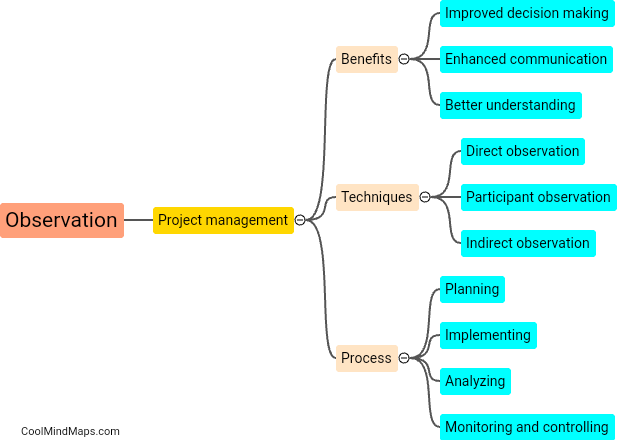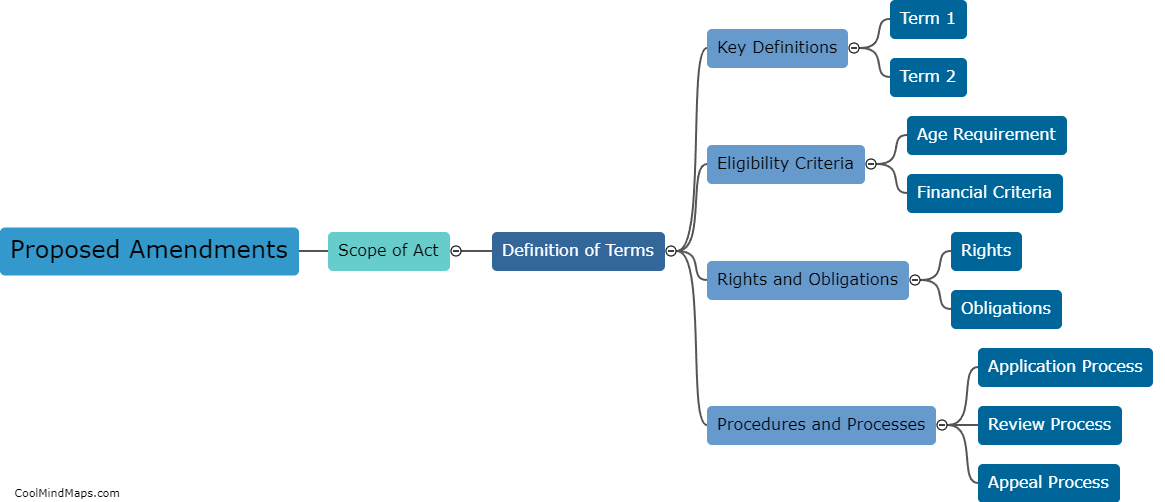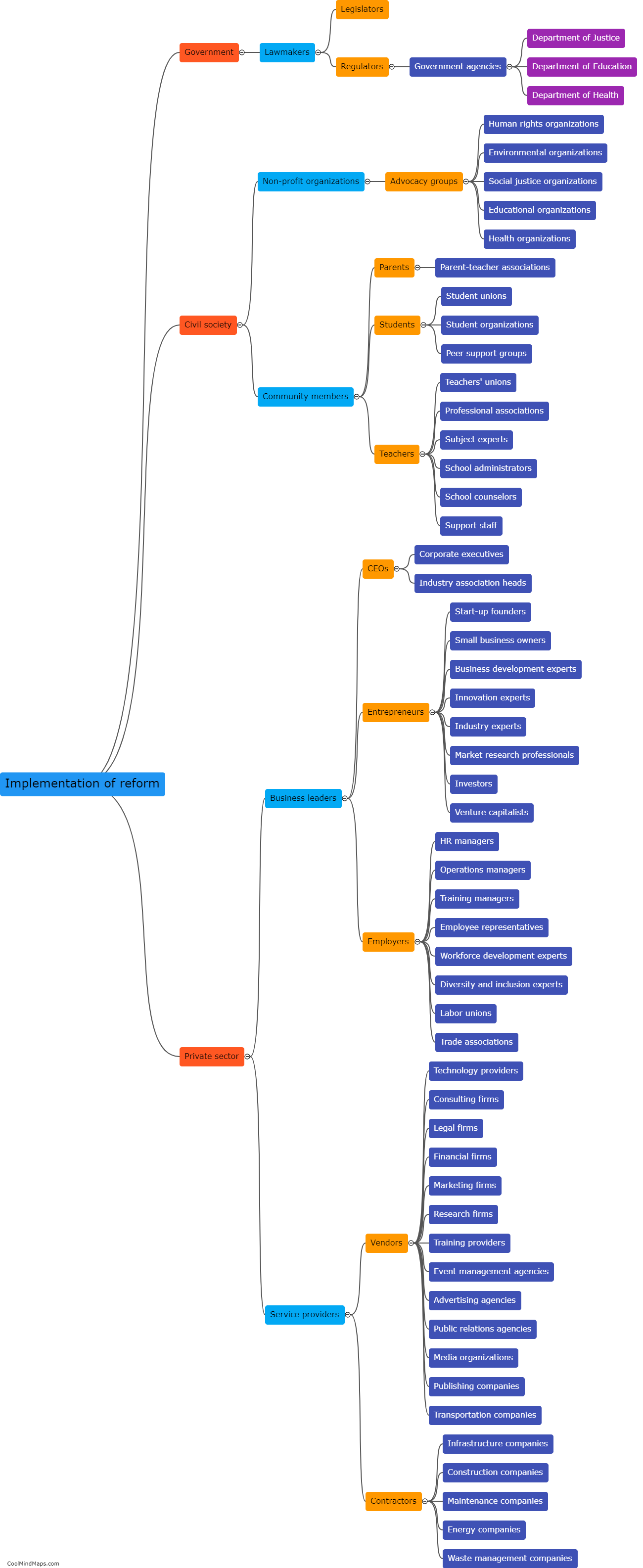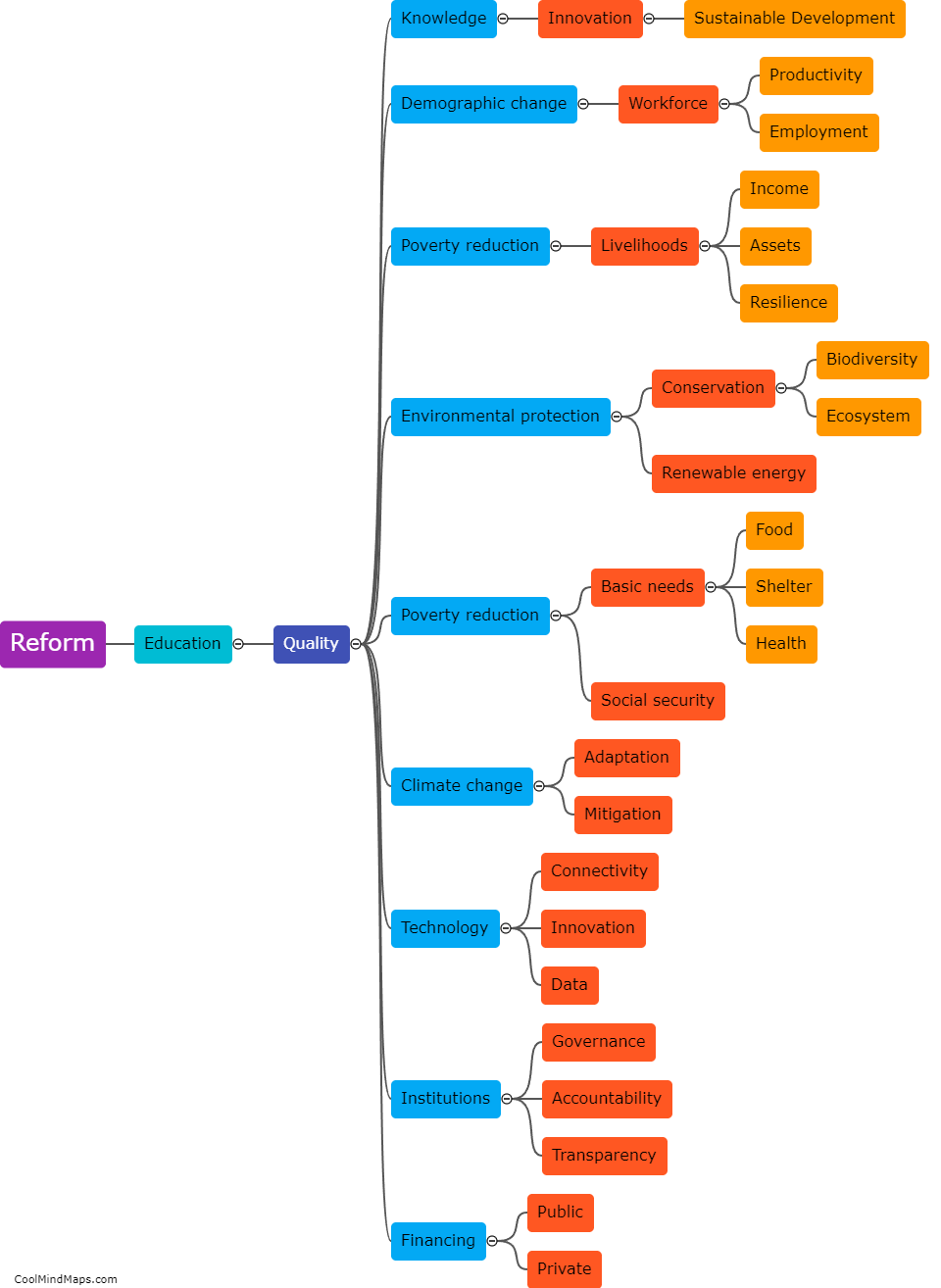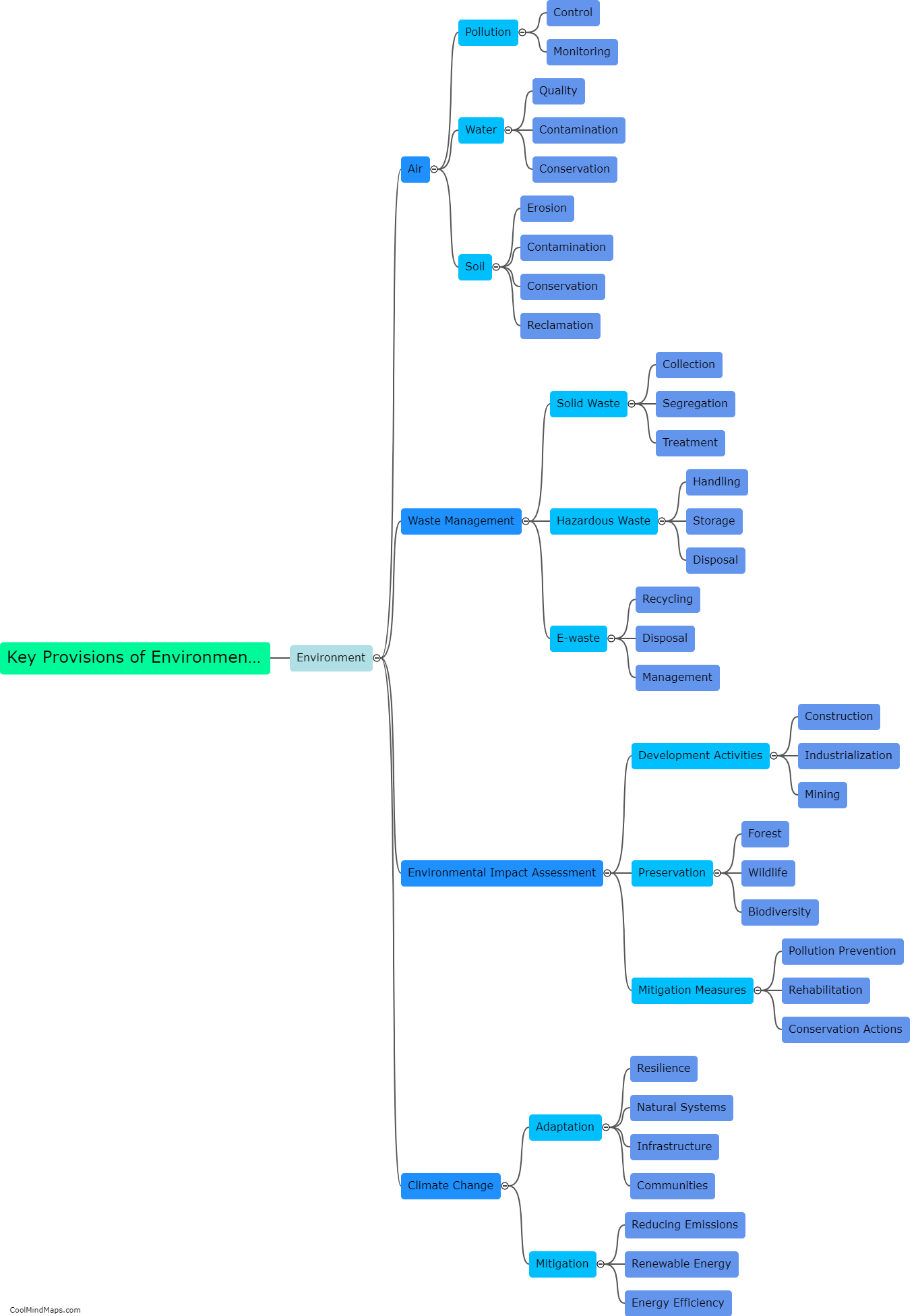How will the regulation be implemented and enforced?
The implementation and enforcement of regulation is a crucial aspect to ensure its effectiveness and compliance across various industries and sectors. Implementing regulations typically involves developing clear guidelines and rules, establishing regulatory bodies or agencies responsible for monitoring and enforcing compliance, and creating processes for stakeholders to understand and adhere to the regulations. The enforcement mechanisms vary depending on the nature of the regulation, but typically include inspections, audits, fines, penalties, and legal actions against non-compliant individuals or organizations. Government agencies, such as regulatory commissions or departments, play a key role in overseeing the enforcement process and ensuring the regulations are followed. Additionally, collaborations with law enforcement agencies, industry associations, and other stakeholders also aid in enforcement efforts. Regular monitoring, reporting, and evaluation are crucial to fine-tune regulations and address any issues that arise during the implementation process.
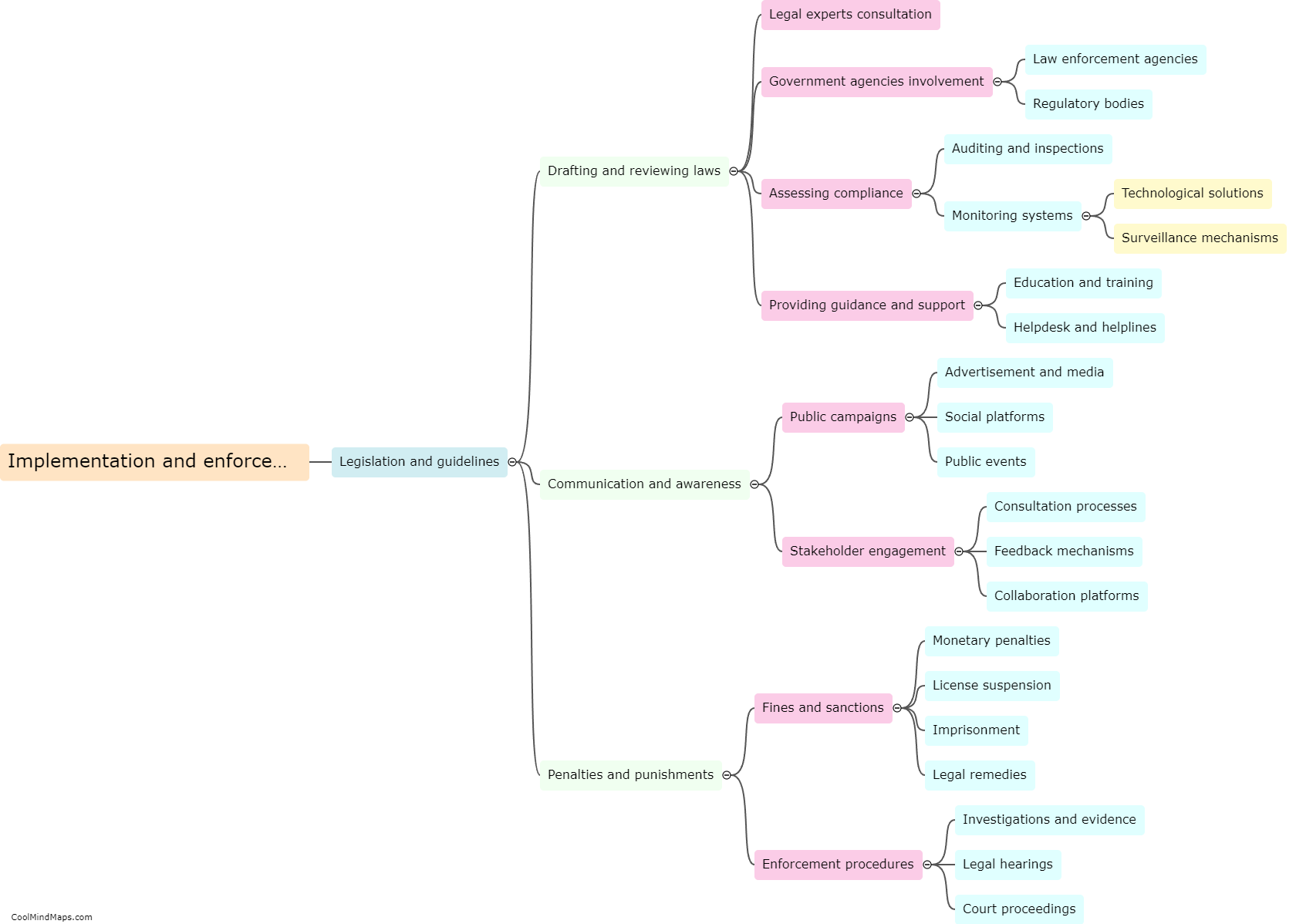
This mind map was published on 28 November 2023 and has been viewed 81 times.

